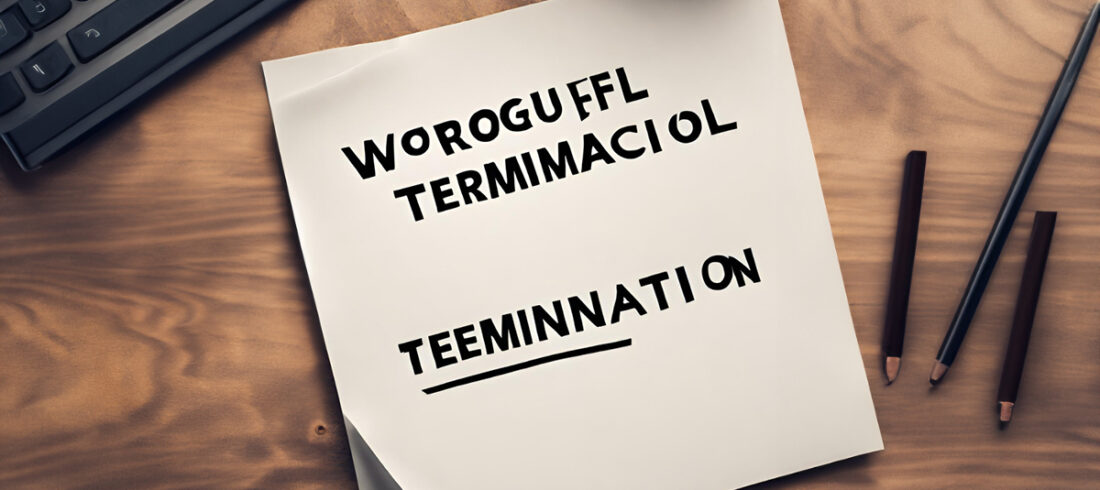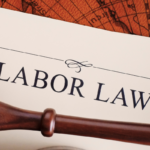California’s employment laws are among the most protective of workers’ rights in the United States. Among these, unlawful termination is a crucial area that employees and employers alike need to understand. Unlawful termination occurs when an employer fires an employee in violation of federal or state laws, employment contracts, or public policy. This blog post will explore what constitutes unlawful termination in California, the legal protections in place, and what steps you can take if you believe you have been wrongfully terminated.
What Constitutes Unlawful Termination?
Unlawful termination can occur under several circumstances. The most common include:
- Discrimination: It’s illegal to fire an employee based on race, color, national origin, sex, gender identity, sexual orientation, religion, age (over 40), disability, pregnancy, or genetic information. This is protected under both federal laws, such as the Civil Rights Act of 1964, and California laws, such as the Fair Employment and Housing Act (FEHA).
- Retaliation: Employers cannot terminate employees for exercising their legal rights. This includes filing a complaint about workplace harassment or discrimination, reporting safety violations, or taking family or medical leave under the Family and Medical Leave Act (FMLA) or the California Family Rights Act (CFRA).
- Violation of Public Policy: It is unlawful to fire an employee for reasons that violate public policy, such as refusing to engage in illegal activities, performing a civic duty (like jury service), or reporting illegal conduct by the employer.
- Breach of Contract: If an employment contract specifies the conditions under which an employee can be terminated, any termination that breaches these conditions can be deemed unlawful. This applies to both written contracts and implied contracts based on company policies or practices.
Legal Protections Against Unlawful Termination
California provides robust legal protections to employees through various statutes and regulations. Some key protections include:
- Fair Employment and Housing Act (FEHA): This state law prohibits discrimination and harassment in employment and is enforced by the California Department of Fair Employment and Housing (DFEH).
- California Labor Code: Various provisions protect employees from retaliation for exercising their rights under labor laws.
- Whistleblower Protections: Laws such as the California Whistleblower Protection Act protect employees who report illegal or unethical behavior by their employer.
Steps to Take if You Believe You Have Been Unlawfully Terminated
If you believe you have been unlawfully terminated, it’s essential to act promptly and follow these steps:
- Document Everything: Keep detailed records of your employment, including any correspondence, performance reviews, and notes on incidents that may have led to your termination.
- Request a Reason for Termination: Ask your employer for a written statement outlining the reason for your termination. This can be useful if you decide to pursue legal action.
- File a Complaint: Depending on the nature of the unlawful termination, you may file a complaint with the appropriate government agency. For discrimination or harassment claims, file with the DFEH. For violations related to wages or working conditions, contact the California Labor Commissioner’s Office.
- Consult an Employment Attorney: An attorney specializing in employment law can provide valuable guidance on your case, help gather evidence, and represent you in negotiations or court proceedings.
- Consider Legal Action: If necessary, you can file a lawsuit against your employer for wrongful termination. Remedies may include reinstatement to your former job, compensation for lost wages and benefits, and possibly punitive damages.
Conclusion
Understanding your rights under California employment law is crucial for both employees and employers. Unlawful termination is a serious issue that can have significant consequences. If you believe you have been wrongfully terminated, take action to protect your rights and seek the justice you deserve. By staying informed and proactive, you can navigate the complexities of employment law and ensure a fair and just workplace for all.
For more detailed information or specific legal advice, always consult with a qualified employment attorney who can provide personalized assistance based on your unique situation.





